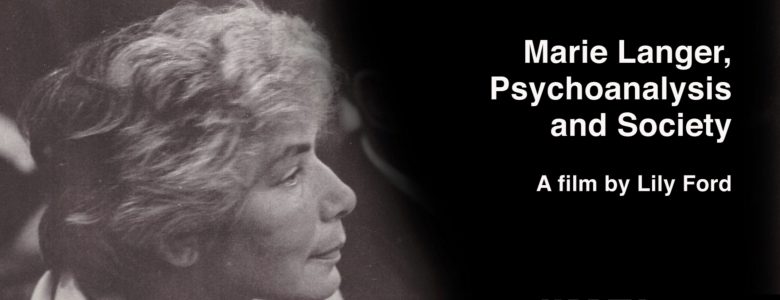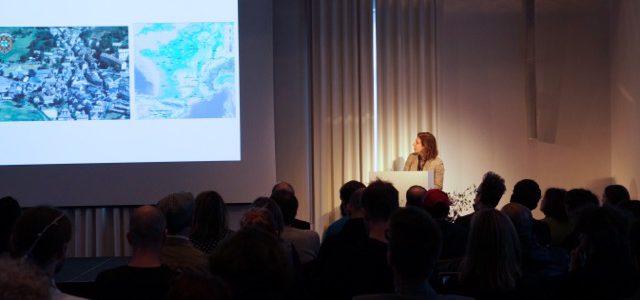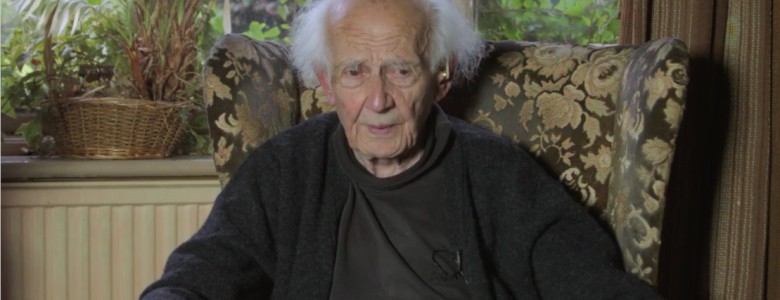
When James Brown returned to George Orwell’s dystopia in an age of pervasive social media intrusion and a global pandemic, it felt a very different novel to the one he had read as a teenager.

When James Brown returned to George Orwell’s dystopia in an age of pervasive social media intrusion and a global pandemic, it felt a very different novel to the one he had read as a teenager.
Historian Andreas Killen on the history of the brain at the start of the Cold War.

Filmmaker Lily Ford on the experience of making the documentary Chasing the Revolution: Marie Langer, Psychoanalysis and Society.

In this lecture, hosted by the Hidden Persuaders project and the Berlin Institute for Cultural Inquiry, Camille Robcis explores the intersections of politics, philosophy, and radical psychiatry in 20th century France.

Richard Sennett talks to Hidden Persuaders’ Daniel Pick about his ideas on ‘thought reform’, truth, narrative and belief.

Mary Augusta Brazelton explains how one of the first scandals involving ‘Communist brainwashing’ also serves as an entry point for understanding how the Chinese Communist Party used biomedical expertise to consolidate its political power at home.
Dr. Albert Mason talks to Marcia Holmes about his career in medical hypnotism and psychoanalysis, and describes his experiences as scientific consultant for The Ipcress File film and testing for ESP with Arthur Koestler.
Hannah Proctor looks afresh at the methodologies of a key Sovietological study, The Harvard Project on the Soviet Social System, and uncovers the surprising ways that anxieties and assumptions about totalitarianism structured social scientific research.
Jacy Young discusses the troubled history of Oak Ridge Psychiatric Unit, Ontario, in the light of recent allegations of unethical treatment by psychiatric staff during the 1960s and 70s, including the use of LSD and other drug therapies.

“We are tightly wrapped in a spider net of electronic surveillance”… deliberately confused by “an incessant flow of dismembered and dislocated fragments” (Zygmunt Bauman on brainwashing, surveillance, and modern society).* In July 2015 Daniel Pick interviewed Zygmunt Bauman on the subject of brainwashing. His wide ranging responses travel from the Cold War to the virtual… Read more »